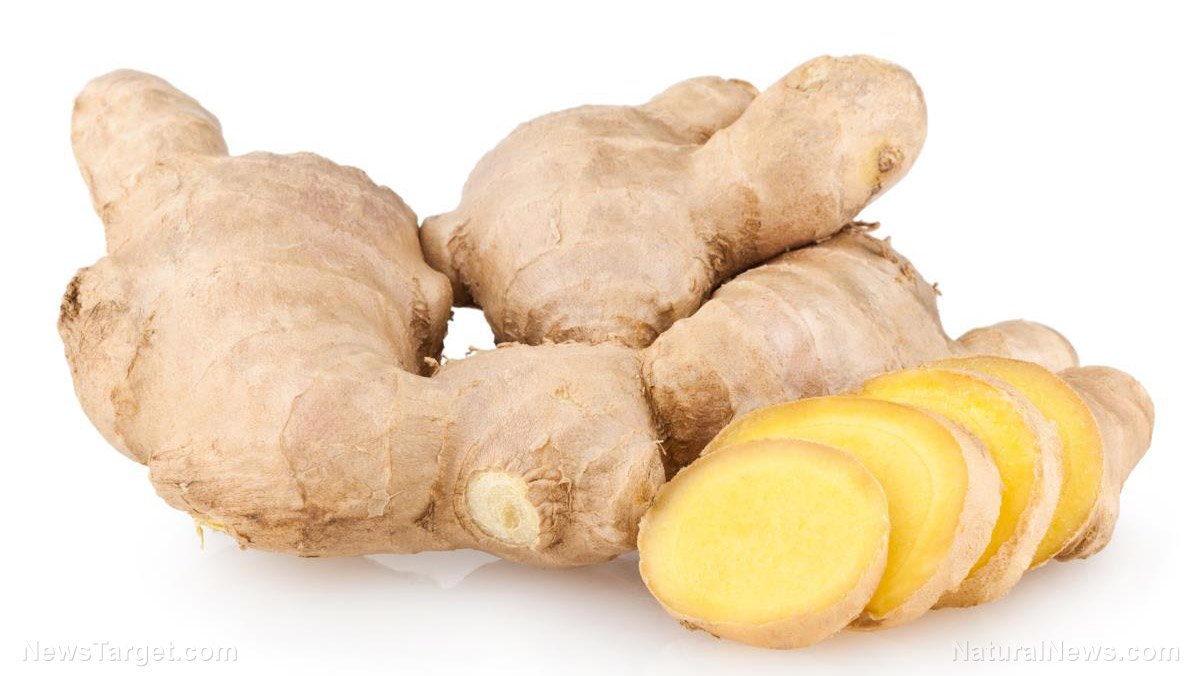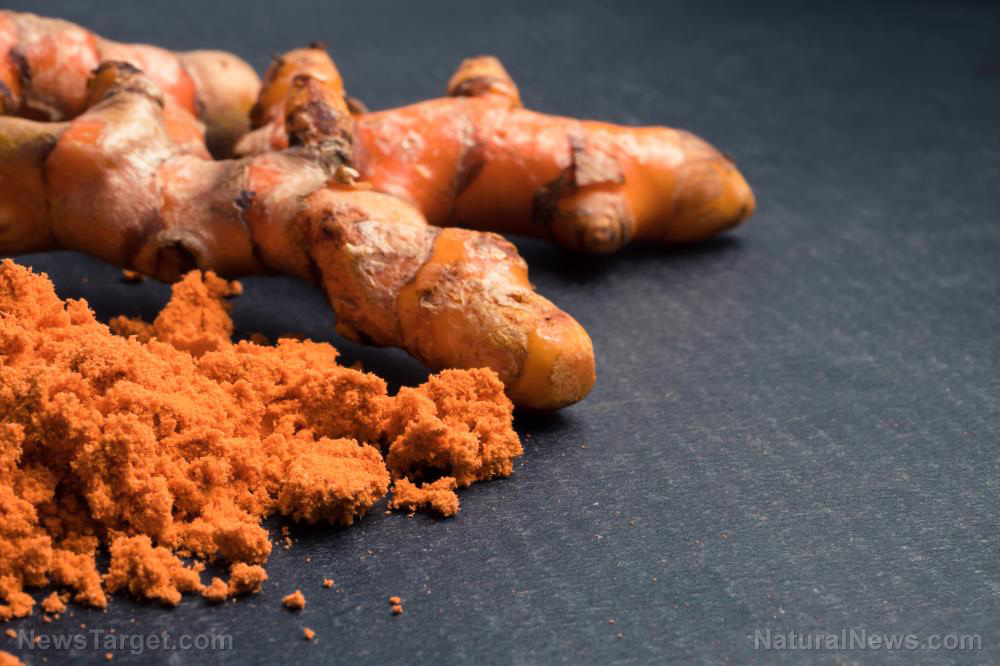 Parler
Parler Gab
Gab
Traditional Herbal Formulations based on Ginger
Ginger plays a vital role in different formulations prepared by the indigenous tribesmen of remote areas in India (Acharya, 2004, 2012; Acharya and Shrivastava, 2008, 2011). The local herbal healers use different part of this plant for curing range of human health (Acharya, 2012).In Cough and Cold
- They cut Ginger rhizome into small pieces (approx. 20g), to it, they add Tamarind (Tamarindus indicus) fresh leaves (5g) and 6 cups of water. The whole mixture is boiled till it remains half. About 10ml should be consumed once in every 3 hours (Acharya & Acharya, 2007).
- Crush Ginger (5g) and add little honey to it and take it directly. This should be repeated in frequent interval. It is said that it is one of the best remedy to cure cough and cold.
- Prepare Fenugreek (Trigonella foenum-graecum) seeds powder (5g) and boil it in one cup drinking water for 2 minutes. To it, add one teaspoonful fresh Ginger rhizome juice and honey to taste. This mixture acts as an excellent expectorant.
Indigestion
- Take equal proportion of Ginger and sugar (50g each), add one liter drinking water to it and boil till it remains 1/4th. Refrigerate the filtrate. About half cup of this decoction should be taken twice a day; it works very well in indigestion.
Stomachache
- One teaspoonful dried Ginger powder with pinch of sugar helps in relieving stomach pain.
Headache
- Take dried rhizome powder (2g) of Ginger, to it add little water and apply this paste over the forehead. There would be a burning sensation for sometime, need not to worry. Soon, the headache will get disappeared.
Toothache
- Chew raw Ginger in frequent intervals, it soothes the toothache.
Asthma
- Ginger slice treated with salt can be eaten directly. Ginger and Carrot (Daucus carota) should be taken in equal proportion and taken twice a day, helps in getting relief in asthma.
Polyuria
- Ginger juice mixed with little sugar helps in controlling polyuria.
Acidity
- Equal proportion (3g each) of Ginger rhizome powder, Carum seeds (Trachyspermum ammi) powder and Aonla (Emblica officinalis) fruit powder should be added in milk (100 ml) along with sugar and taken orally.
- To cure acidity, dried Ginger powder (2g) should be mixed in a glassful leaf juice of Broom Creeper (Cocculus hirsutus) and given.
Joint pains
- Ginger rhizome powder (4g) should be mixed in Castor (Ricinus communis) root decoction (10ml) and applied externally over the painful joints, it minimizes the pain.
Intestinal Worms
- Ginger rhizome powder (2g), Sappan Wood (Caesalpinia bonduc) fruit powder (1g), pinch of black salt and Asafoetida (Ferula foetida) powder should be mixed thoroughly and given along with hot water to the patient
Diabetes
- Dried Ginder powder (2g), Periploca of the Woods (Gymnema sylvestre) leaf powder (2g) and Jambolan (Syzygium cumini) seed powder (6g) should be mixed properly and added in a glassful of lukewarm water. This should be consumed twice a day.
Kidney and Urinary Stones
- Decoction of equal proportion of Ginger powder, Three-lived-caper (Crataeva nurvala) bark and Puncture Vine (Tribulus terrestris) seeds is prepared and given to the patient. It is said that it flushes out stones within a month.
From preparedness to presents: Smart ways to shop clean this Black Friday
By Zoey Sky // Share
Unlocking turmeric’s healing powers: The best way to improve bioavailability
By News Editors // Share
AI revolution: Breakthroughs in language models threaten and empower
By Kevin Hughes // Share
The walking revolution: How one daily habit can slash heart disease risk by two-thirds
By Ava Grace // Share
Governments continue to obscure COVID-19 vaccine data amid rising concerns over excess deaths
By patricklewis // Share
Tech giant Microsoft backs EXTINCTION with its support of carbon capture programs
By ramontomeydw // Share
Germany to resume arms exports to Israel despite repeated ceasefire violations
By isabelle // Share










